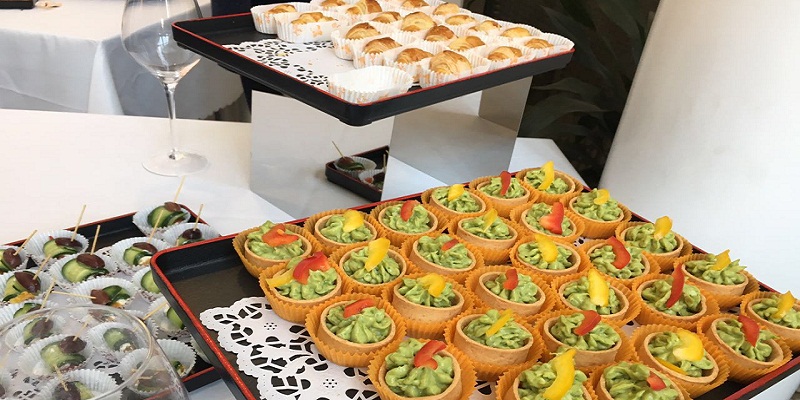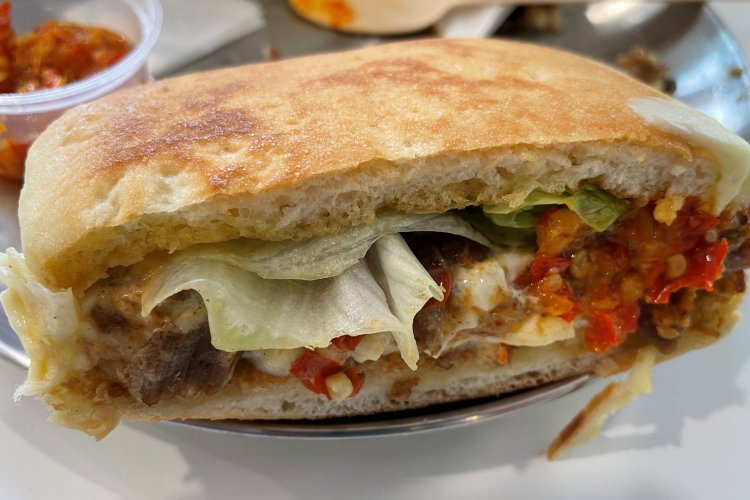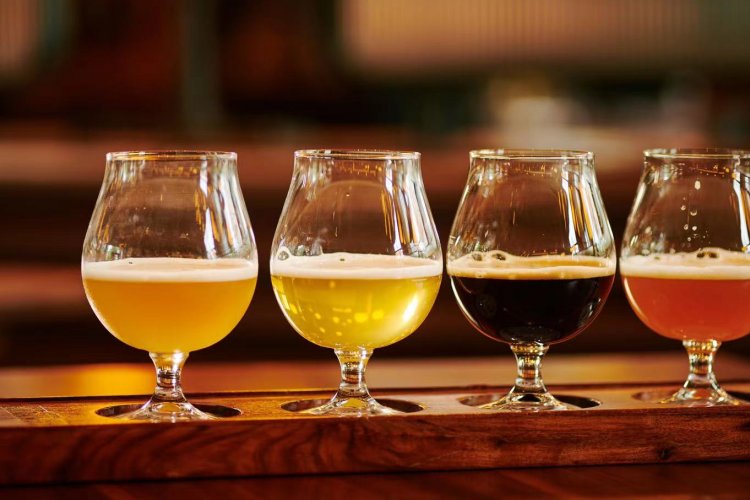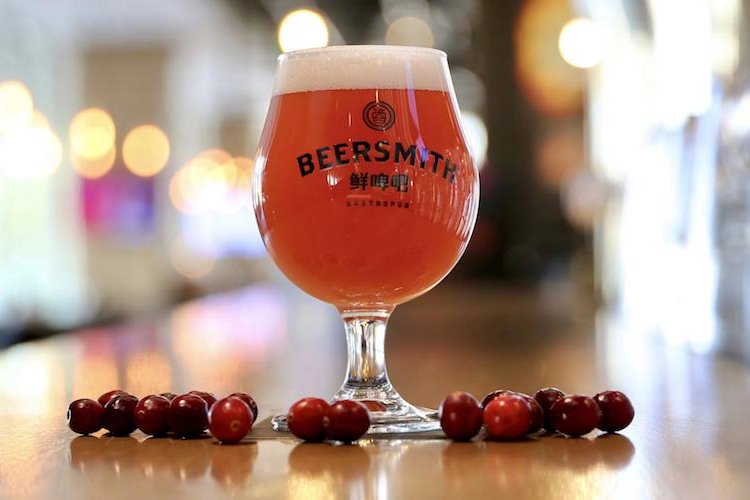A Taste of Israeli Wines; We Hope to See Them Soon in Beijing
On a sunny afternoon, we were invited by our dear friend Jim Boyce (of Beijing Boyce fame) to the Embassy of Israel for its first ever Israeli Wine Master Class. After a strict security check, we were rewarded upon entry with delicious snacks from BiteaPita and a glass of Moscato from Israel’s oldest winery Teperberg, making the 40-mintue wait to get inside well worth it.
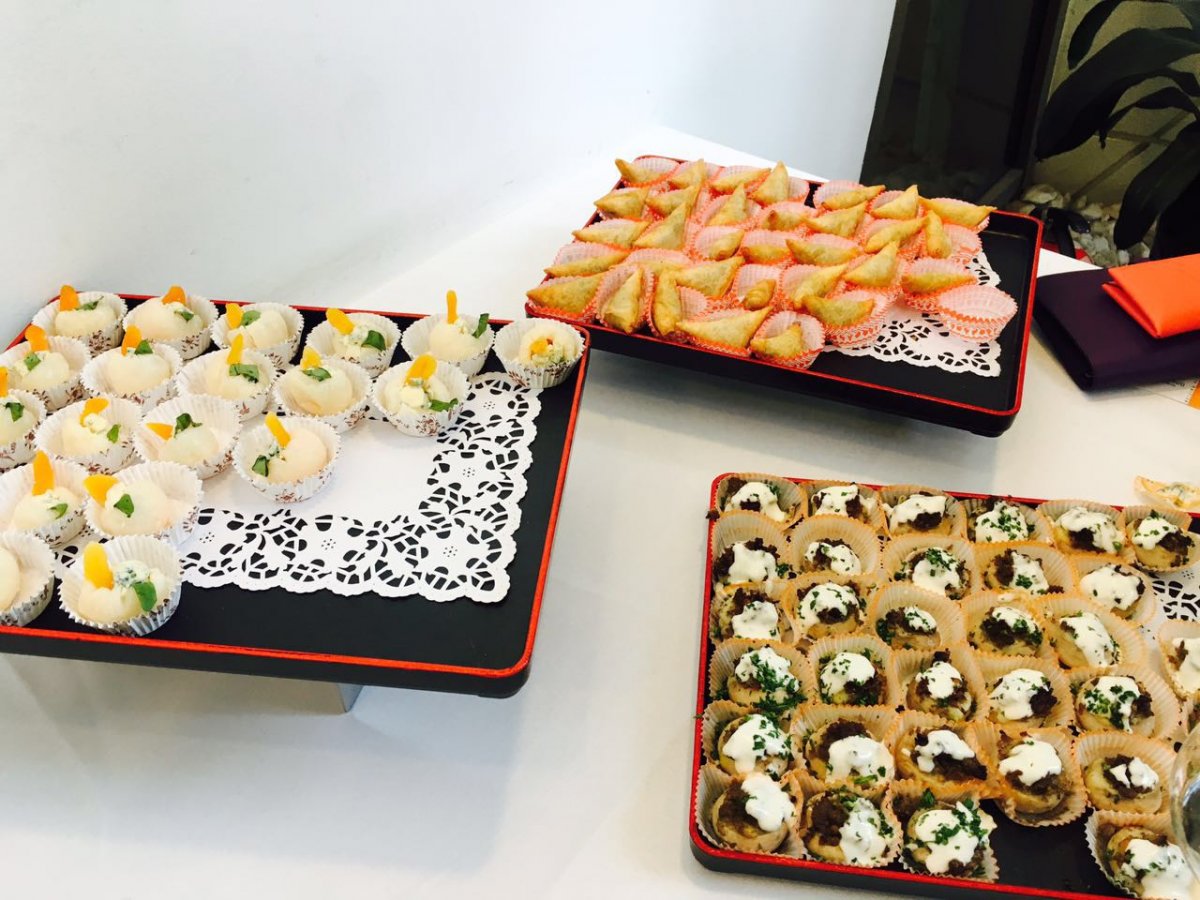
After greetings from Israeli Ambassador Zvi Heifetz, the tasting was presented by Tal Gal-Cohen, a Wine Ambassador appointed by the Israeli Foreign Ministry. Gal-Cohen is also a consultant, lecturer, writer, president of the Israeli chapter of food and wine society Chaine des Rotisseurs Israel, along with hosting The Passion for Wines (a YouTube wine program). That was followed by a presentation from Ma Huiqin, a professor at China Agricultural University, focusing on grape molecular biology and wine marketing. Ma studied at the Hebrew University of Jerusalem in 1996 and 1997.

We tried two flights of wines from four wineries – Carmel, Teperberg, Tulip and Recanati. As we sipped away we were also treated to a brief history lesson and some fun stats. For instance, we learned that the wines arrived in the Cannan region about 5,000 years ago, while the golden age of wine in this region was 1,500 to 2,000 years ago. The region's first recorded winery was the Shor Family's in 1848, about 100 years before the country of Israel was established.
Today, Israel boasts about 60 commercial and 300 boutique and garage wineries. Eighty percent of them are Kosher, among which four wineries encompass 70 percent of the country's overall production. Those four highly dominant varieties are Cabernet Sauvignon, Carignan, Merlot, and Syrah. They use high-tech methods, such as dripping systems, to deal with long hot summers and short wet winters. The average Israeli drinks five liters of wine per year.
The most interesting variety we tried was Marawi 2014 from Recanati, which was founded in 2000. This indigenous grape variety can be dated back 2000 years ago, and was resurrected using DNA technology. This white wine was fermented and aged sur lie (more on that here) in year old French oak barrels. It has citrusy and distinct mineral aromas, and this is the second year they developed this wine with only 4,000 bottles. “It’s like having a T-rex from Jurassic Park,” said Gal-Cohen.

Impressive as the Marawi was, the Reserve Syrah 2015 was my favorite. Made by the Tulip Winery, established in 2003 in the pastoral village of Kfar Tikva (village of hope) in the north, this red contains 95 percent Syrah and five percent Petit Verdot. Aged in 90 percent French oak and 10 percent American oak barrels for 16 months, it has a dense color and plenty of different aromas like black fruits, flowers, and eucalyptus. It also boasts an elegant body and a long finish.
Another remarkable bottle on offer was the Shiraz 2012 from Carmel, which was founded by Chateau Lafite’s owner Baron Edmond de Rothschild in 1882. The winery has deep cellars built by Rothschild in the 19th century. This wine is rich and complex, with aromas of berries, black pepper and roasted coffee beans, along with a full body. We also enjoyed the Legacy Cabernet Franc 2013 from Teperberg Winery, which was built in 1870, handed down through five generations, and is the fourth largest winery in Israel. The wine was aged for 18 months in oak barrels, and has a red granite color, fruity, and woody aromas with a subtle acidity and a velvety texture.
Unfortunately, those wines have not been imported to China yet, but we found out that they are carefully selecting an importer who loves the wines seriously enough (we hope ASC, CWS, Torres, and other importers hurry up … ). We’ll be counting days until those treasures arrive here.
More stories by this author here.
Email: tracywang@thebeijinger.com
Twitter: @flyingfigure
Instagram: @flyingfigure
Photos: Tracy Wang, Embassy of Israel
Related stories :
Comments
New comments are displayed first.Comments
![]() Beijingnail
Submitted by Guest on Thu, 05/18/2017 - 02:57 Permalink
Beijingnail
Submitted by Guest on Thu, 05/18/2017 - 02:57 Permalink
Re: A Taste of Israeli Wines; We Hope to See Them Soon in...
您好,请问如何申请参加本次WINES TASTING?谢谢!
Validate your mobile phone number to post comments.


